![Business Carrier Company Earth Hand Hands Holding [Pixabay image 764929]](https://realkm.com/wp-content/uploads/2018/07/business-764929_640.jpg)
The opportunity to form an International Knowledge Professionals Society
The challenge for knowledge professionals is that humanity is not leveraging its collective knowledge as effectively as it could. There are many errors being repeated around the world, with major tangible and intangible losses. More projects fail to meet their objectives than are successful, and this is often a result of not deploying the right knowledge in the right way for their context.
With strategic, collective, proactive approaches to knowledge development and deployment, we can collectively reduce costs and innovate faster. Directly connecting iterative co-creative approaches to knowledge development and better aligning knowledge initiatives with organizational strategies will make major contributions to productivity and social value creation.
The social capital that will be created from the five actions listed below will make a significant contribution to how we better manage our knowledge and more effectively lead everything we do as individuals, teams, organizations – and dare I suggest for humanity.
There are five BIG opportunities to advance the direction and impact that knowledge can have to making a better world. In collectively taking these steps, we will co-create a new identity we will come to belong to which is the International Knowledge Professionals Society:
- The BIG opportunity for the knowledge profession is optimizing knowledge flow1. This depends on senior managers and leaders engaging with lower level managers operating at the coal face, to listen to their insights and understand the practical challenges the organization faces. It also requires managers to listen to the vision and direction the leaders are trying to achieve and discuss with them how they can remove these barriers to enable higher performance. Unfortunately, too few organizations engage in proactive, open-minded dialogue enough.
- Knowledge professionals will benefit by elevating their profile to ensure knowledge initiatives play a critical role in the “Conversations That Matter” 2. That is, the dialogues that inform and create strategy, not just react to strategy. Too often the knowledge teams are relatively junior roles in the organization and largely reactive to the strategy or worse, focused on IT or knowledge capture projects. When knowledge roles are recognized higher in the organization and filled with people of greater experience, more impact is made on organizational performance.
- Shift mindsets though four stages of understanding and capability3. Awareness is the foundation, followed by Attitude, then Ability and finally Action. The order of these stages of mindset adjustment is important. By explaining why knowledge initiatives create value, we create awareness. This is a mindset shift from “why?” to “I understand why”. A shift from a question in non-understanding to one of knowledge. Once the target stakeholder understands why, you then work with them to build a supportive attitude. Change is usually met by resistance and this can be changed to support by engaging the right behaviours and highlighting the impacts the new way forward will generate benefits for them. With awareness and a more positive attitude, it is important to then address ability.
- Knowledge professionals to play a more collaborative and proactive role in supporting the levels of knowledge maturity across organizations. This can be done through initiatives like the Knowledge Ready Organization (KRO) initiated by the Knowledge Management Society of Singapore. This initiative has evolved into a significant value-adding developmental journey for organizations desiring to improve their performance through aligned programs of knowledge initiatives. The program mentors organizations through a balanced set of criteria in strategic cycles to sustain growth of capability and performance.
- Knowledge professionals to practice what they preach and collaborate with each other. It is ironic that internationally many other professions are more connected through professional societies than knowledge professionals are, when the fundamental principles of KM are connection, collaboration and sharing. The knowledge profession will benefit from creating a global identity which is recognized and respected like other societies such as CIPD (Chartered Institute for Personnel and Development) and PMI (Project Management Institute). It is difficult to have the credibility to influence government and senior decision-makers without a common identity. There is huge potential for a collective movement which fosters the cause of greater awareness of the importance of knowledge and better application of knowledge on local, national and international levels. The foundations of such a society are now being discussed by some key players in the knowledge profession with the plan to officially establish such an institution.
Attention to these five now what priorities will advance the value created by knowledge professionals and ensure that better decisions are made globally, for the benefit of “the greater good”, as well as for us; the members of the profession (practitioners and academics across an eclectic mix of roles and industries). It is an exciting time for our profession to come together to create synergies to enable something greater than any one of us can be individually.
With these actions the future of the knowledge profession looks strong as we collectively become a stronger voice and build a sense of belonging for our membership. At present there is a strong need for better use of knowledge, but not a strong enough demand from those in power.
The implications of the members of the knowledge profession being aligned in how we approach this are that greater success. We collectively will come from being more comfortable in uncertainty and being able to act in emergent ways to cocreate and apply new knowledge faster. That is, build in the confidence and ability to act faster with the understanding that not all required knowledge is available at the time decisions are taken. However, to grow the confidence that the knowledge gaps cannot be filled without acting. The act of doing something – a calculated best guess – is better than not doing anything, because the new knowledge only emerges when the actions are taken. Our role as knowledge leaders is to be a role model to lead others to build these capabilities and show our followers that is a more productive path.
We do not need to reinvent the knowledge flow, because there are many examples of local activities and communities that are doing excellent work, for example CILIP in the UK, David Gurteen’s Knowledge Community, KM4Dev, SIKM Leaders in USA facilitated by Stan Garfield, Knowledge Club in France, Knowledge Management Leadership Forum (KMLF) in Melbourne, Knowledge Management Society (KMS) in Singapore, Institute for Knowledge and Innovation Southeast Asia (IKI-SEA) in Bangkok, and many more. The trick will be to do what we preach and connect these communities to collaborate.
The Knowledge Management Global Network has been making some progress on this in the past three years, but there is still much to do. I would like to see a vibrant conversation hosted about that this could look like. At the Knowledge Management Leadership Forum (KMLF) (Melbourne), we have started this conversation, building a foundation we’re now starting to share with all interested parties to widen the perspectives and refine the idea. This is an inclusive collaborative project that will highlight the diversity of knowledge professionals and the value they create in all fields of professional endeavour.
Please join us!
Please join the conversations in the International Knowledge Professionals Society LinkedIn group, or leave your thoughts below, adding your ideas to this movement that will change how the rest of the world perceives and experiences what knowledge professionals can achieve with and for them.
Header image source: Image 764929 by Activedia on Pixabay is in the Public Domain.
References:
- Shelley , A.W. (2018). Leading Knowledge Flows and CoCreation for Sustained Future Outcomes. Chapter 10 in Knowledge Management Matters. Ed John and JoAnn Girard. Sageology. ↩
- Shelley , A.W. (2009). Being a Successful Knowledge Leader. What knowledge practitioners need to know to make a difference. ARK Publishing. UK. ↩
- Shelley , A.W. (2017). KNOWledge SUCCESSion. Business Expert Press Project Management Series. ↩

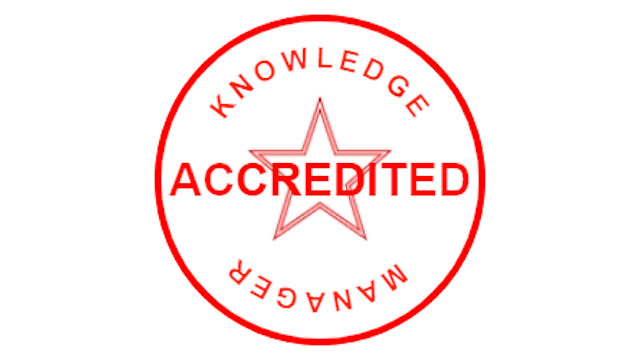
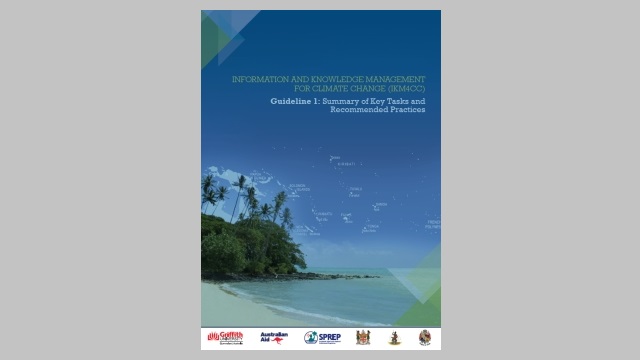
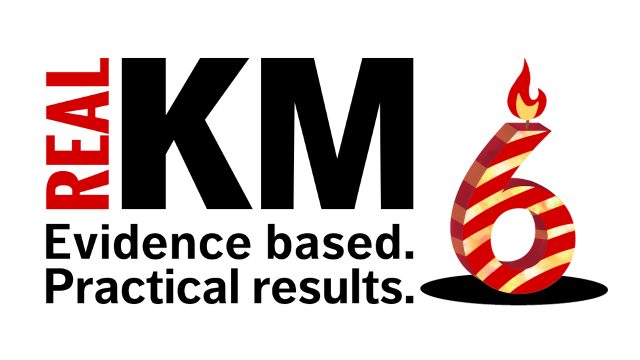
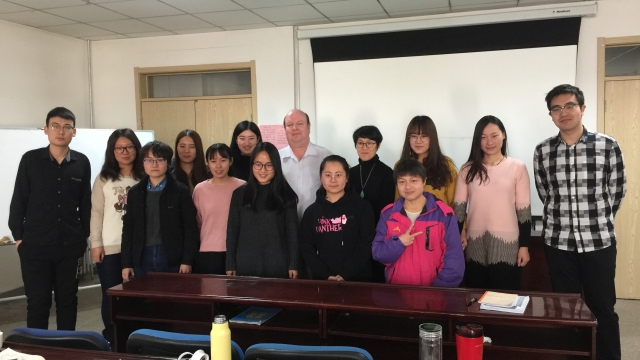
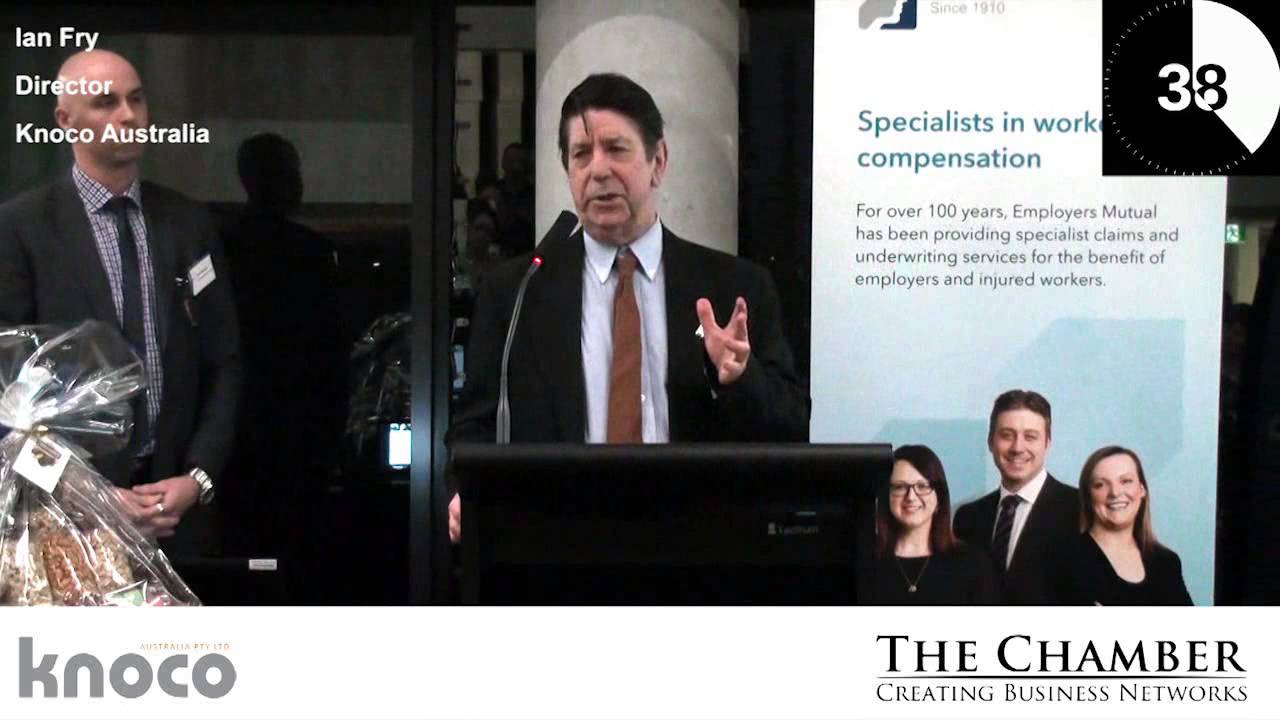

We have been sharing great ideas at KMLF for nearly 20 years now but one city is not enough.
Well done Arthur for putting the call out.
A global KM Society is long overdue.
Yes thanks Stuart, KMLF is a wonderful local community for the Knowledge Profession. The reality is many KMers have been talking about this for a long time, but we just have not taken the initiative to bring it to reality. Many “Knowledge Professionals” from different countries are informally connected and also collaborate to create value for themselves and also for others. There are also some cross-organisational and cross-geography connections in our profession. This initiative will connect these to extend their reach and impact and stimulate more flow between them. The “Knowledge Era/Economy” deserves a well connected and interacting knowledge profession. We are out there, we will all benefit from connecting the dots better.
Thank you. A very good idea!
Yes, even so countrywide organizations exist – to name but a few (http://www.gfwm.de for Germany and Austria, http://www.skmf.net for Switzerland) – the more we “walk together the talk” the better for KM and for valuing knowledge as such.
Hi Annette,
Yes thank you for your support and participation. I agree we can achieve a lot more when we can show the true scope of what knowledge professionals collectively achieve. There are MANY terrific local communities and more people do not know even half of them. Imagine when young professional is aware of both their local communities and the many others that are out there passionately achieving outcomes with others. These local communities are the very foundation of what we believe in; co-creation of insights through shared knowledge and collaborative problem solving. These local communities quietly connect and share to build the capabilities of the future generations of leaders and decision makers (effectively creating the foundation of our future possibilities).
Arthur, thank you for this article.
I’m fully agree with point 5 – we practice what we’ve preacher. To be open, to share knowledge, to be ready to collaboration anf co-creation are the basic principals for KM specialists. But our mindset still competetive. Often. 🙂 And key question is how to change mandset, attitude and behavior for bulid community with a storng desire to share and co-creative?
Arthur is an excellent KM thinker and I applaud the sentiment here. However, the international standard is fundamentally flawed, as we KM has never been formalised as a ‘profession’ or function – ask 100 people what KM “is” and you’ll get 100 different answers. Ask what you “need” to be a KMer (knowledge, skills and experience) and you’ll get 100 different answers.
KM thinking is too focused on its past – think knowledge capture (e.g. the loss of Boomers and capture of their knowledge – see recent articles on engineering knowledge capture coming out of Australia) over knowledge creation. More than this, knowledge capture has the potential to accelerate the threat to people in the workforce (e.g. loss of jobs to automation), whereas knowledge creation focuses on the ability of people to thrive in the face of completion from technology.
KMers have some very serious questions to ask around the tension between traditional information/technology solutions and knowledge/people solutions. My concern is that this ISO blindly leads people toward automation through capture; a position that is short-termist and a legacy problem of traditional KM work.
Thank vou very much for sharing this great article. You can access to the vision of our organization about the knowledge for development here: https://drive.google.com/file/d/0B8JLU7rlf29tS3hiQnYySFJBRDg/view
our official website: http://knowledgefordevelopmentwithoutborders.org/
With Gratitude… Looking forward to more of the journey of walking our talk, GLOBALLY!
In Spirit, Trae Ashlie-Garen
The WINfinity Framework
Calgary, AB Canada
It’s encouraging to see this global spread of KMers finally coming together in a more productive format that I hope becomes a shared resource for professional development, community, and advocacy of KM. I’ve been agitating for a professional membership association for some time, so I offer my hands to contribute to its success. Please do let me know where I can help.
I am so pleased to see KMers effort for shaping a global KM community into an entity. Thank you for all your hard and voluntary work for establishing such a global KM community. I have spread the word among NSW KM group.
This is a wonderful initiative, Arthur. Shaping a global KM community demands not only porous borders, but also needs to encompass grassroots innovation as much as knowledge creation and its dissemination across all echelons of the corporate/ business world. In India we have a Honey Bee Network, a crucible of like-minded individuals, innovators, farmers, scholars, academicians, policy makers, entrepreneurs and non-governmental organisations with a presence in over 75 countries. It would be good if knowledge professionals in this virtual community could take turns to highlight/ share a best practice or anything worth highlighting within their immeduate circle to promote a meaningful knowledge exchange.